Dhaka, Bangladesh – February 10, 2025
Bangladesh is witnessing one of the most extensive crackdowns in its recent political history, dubbed Operation Devil Hunt. The interim government has launched a sweeping operation targeting individuals linked to the former ruling party of ousted Prime Minister Sheikh Hasina. With over 1,300 arrests and growing unrest in various cities, the nation is caught in a storm of political uncertainty and international scrutiny.
A Crackdown or a Cleansing?
The interim government, led by Nobel laureate Muhammad Yunus, initiated Operation Devil Hunt following violent clashes in Gazipur. The unrest began after reports emerged of gangs—allegedly associated with Hasina’s party—attacking students. In response, the government launched a nationwide operation to “cleanse the nation of destabilizing elements.”
Authorities claim this operation is a necessary measure to restore order, but critics argue that it is a thinly veiled political purge. Among those arrested are former ministers, party workers, and media personnel believed to be sympathetic to the previous regime.
What Led to This Unprecedented Crackdown?
The roots of Operation Devil Hunt can be traced back to the controversial elections of January 2024, which saw Sheikh Hasina secure a fourth consecutive term amid allegations of voter suppression and electoral fraud. The opposition, led by the Bangladesh Nationalist Party (BNP), had boycotted the elections, calling them a sham.
In January 2025, amid rising protests and economic instability, the military-backed interim government took control, forcing Hasina into exile. Reports indicate that the former prime minister has been staying in India and was planning to address her supporters via a virtual broadcast.
The situation escalated when mobs stormed the Sheikh Mujibur Rahman Museum and Hasina’s family residence, setting them on fire. This violent act, reportedly carried out by anti-Hasina groups, triggered a state of emergency, giving security forces sweeping powers to detain anyone suspected of anti-government activities.
Who Are the Targets of Operation Devil Hunt?
The crackdown has primarily focused on:
- Former government officials and law enforcement personnel linked to the Hasina administration.
- Student leaders and activists accused of instigating violence.
- Journalists and social media influencers who have spoken against the current government.
- Businessmen allegedly funding pro-Hasina movements.
Despite claims of targeting criminals, human rights organizations have raised alarms over mass detentions and possible human rights violations. Reports suggest that many arrests were made without warrants, and detainees have been denied legal representation.
International Reactions: Concern or Approval?
The global response to Operation Devil Hunt has been mixed. While some international leaders have welcomed efforts to stabilize Bangladesh, others see this as a dangerous precedent for political retribution.
- India, which has maintained close ties with Sheikh Hasina, has expressed “serious concern” over the crackdown, urging the interim government to uphold democratic values.
- The United States has called for an independent investigation into the arrests, warning that continued suppression of political opponents could impact diplomatic relations.
- China, a major economic partner of Bangladesh, has remained neutral, only stating that it “respects the country’s internal affairs.”
- The United Nations has condemned the excessive use of force and demanded the immediate release of political prisoners.
The Economic Impact: Fear Looms Large
Bangladesh’s economy, already strained due to inflation and declining foreign investments, is now facing new challenges. The crackdown has led to:
- A slowdown in garment exports, the country’s economic backbone, as factory workers participate in protests.
- A stock market decline, with investors fearing political instability.
- A rise in capital flight, as business leaders worry about government overreach.
International businesses are closely watching the developments, with many considering relocating operations to other South Asian countries if the political situation worsens.
A Battle of Legacies: Hasina vs. Yunus
The situation also marks the culmination of a long-standing rivalry between Sheikh Hasina and Muhammad Yunus. Their conflict dates back decades, with Hasina once accusing Yunus of trying to establish a parallel political force through microfinance institutions like Grameen Bank.
Yunus, now at the helm of the interim administration, has insisted that Operation Devil Hunt is not about personal vendettas but about restoring democracy. However, many believe that this is an opportunity for him to settle old scores and reshape the political landscape.
What’s Next for Bangladesh?
With over 1,300 arrests, a volatile public sentiment, and international pressure mounting, the future of Bangladesh remains uncertain. The interim government faces a crucial decision: continue the crackdown at the risk of global isolation or shift towards reconciliation and dialogue.
Meanwhile, Sheikh Hasina, despite being in exile, has vowed to return to Bangladesh and fight for democracy. Whether she can stage a political comeback or whether Operation Devil Hunt will permanently alter the country’s political framework remains to be seen.
Final Thoughts: Power Move or Political Crisis?
The coming weeks will be critical in determining whether Operation Devil Hunt is a necessary step toward stability or a dangerous precedent of political suppression. As Bangladesh stands at a crossroads, the world watches, waiting to see if this operation will end in justice or jeopardy.
Also Read-
1. 4,000-Year-Old Egyptian Pyramid Opened: A Powerful Discovery or a Curse Unleashed?
2. 10 Lives Lost in Alaska Plane Crash: A Tragic Accident or Preventable Disaster?
3. Tragedy in Sao Paulo: 2 Lives Lost, but Could More Powerful Safety Measures Have Prevented This?

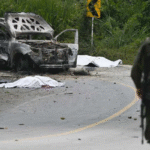
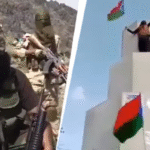
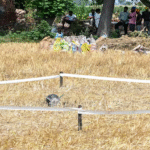
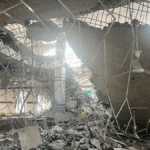
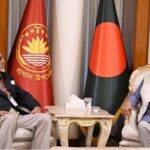

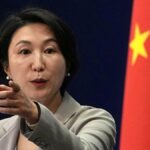
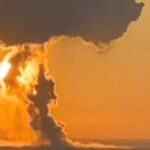
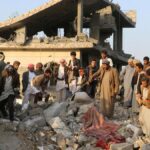

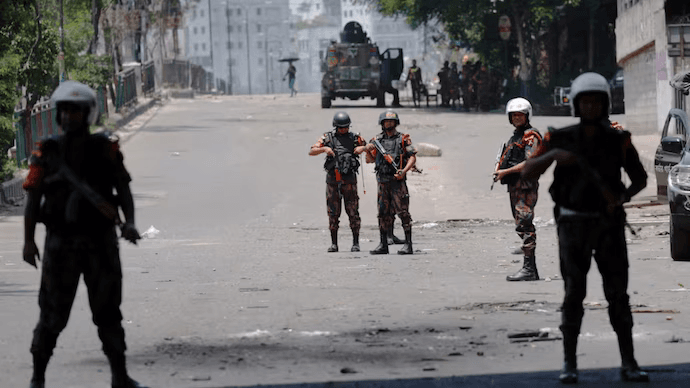
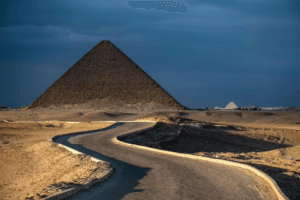
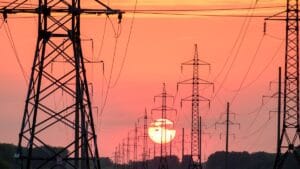
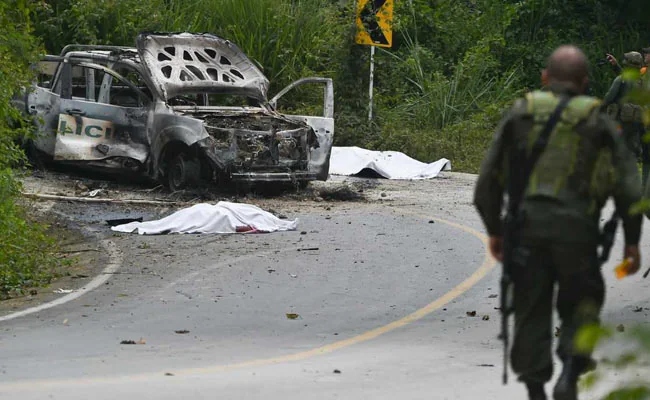
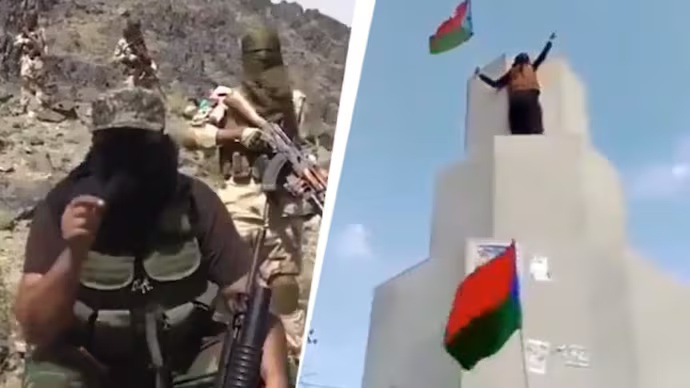
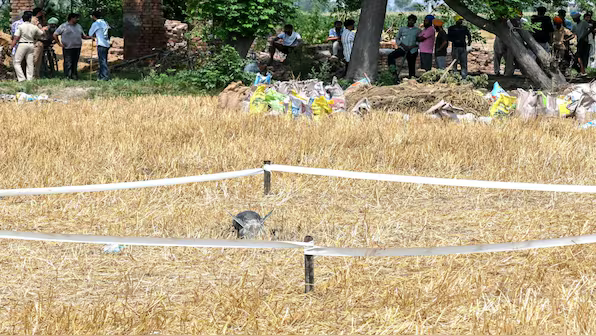
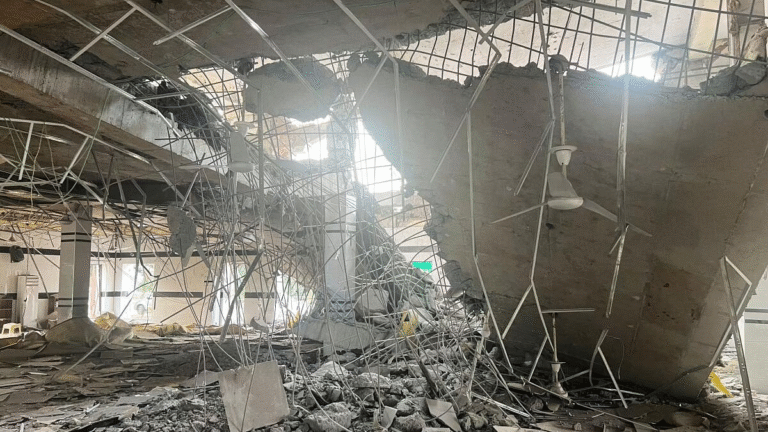
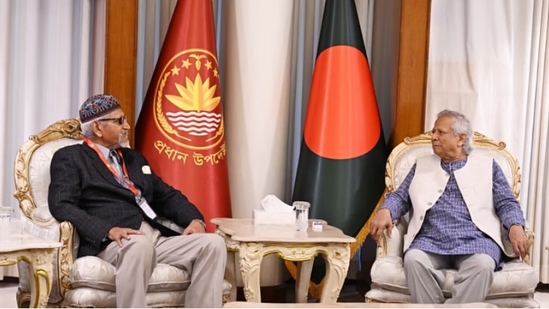

One thought on “Is Bangladesh’s Operation Devil Hunt a Power Move or a Political Crisis? 1300 Arrests and Counting”